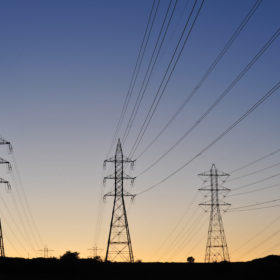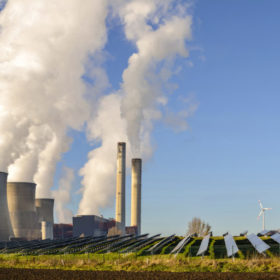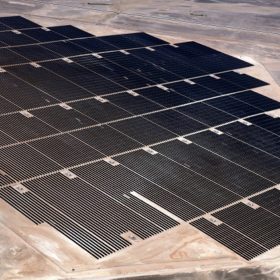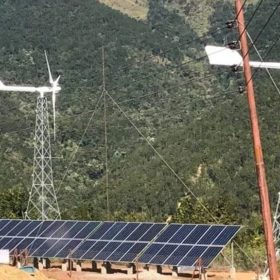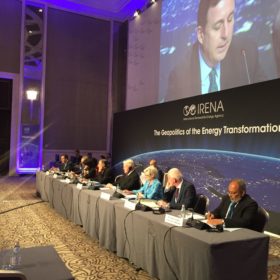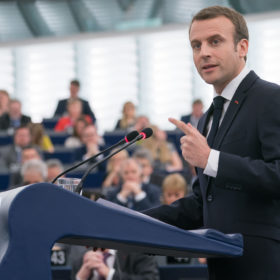First unsubsidized solar parks announced in Canada
After receiving its cheapest bids for large-scale solar under a public tender a week ago, the Canadian province of Alberta is now ready to host two unsubsidized solar parks with a combined capacity of 57 MW. The developer, German renewable energy company Innogy, is in talks with local off-takers about signing a PPA.
Super-grids vs prosumer states: storage may decide the battle
Indra Overland, head of the Center for Energy Research at the Norwegian Institute for International Affairs, explains how the world’s future energy landscape may include pan-regional super-grids. However, prosumer states seeking energy independence could also be in the mix. According to Overland, the two developments will go hand in hand and the balance between them will be determined by the competitiveness of storage technologies.
Germany considers closing coal-fired power plants by 2038
German states with coal mining regions would receive a total of €40 billion from the federal government over 20 years for structural change under the terms of the Coal Commission’s proposal, while operators of coal-fired plants would receive compensation.
Jordan suspends renewables auctions, new licenses for projects over 1 MW
Auctions and new licenses will be suspended until the Jordanian government has assessed the capabilities of its power network.
‘No alternative to 100% renewables’
Transition to a world run entirely on clean energy – together with the implementation of natural climate solutions – is the only way to halt climate change and keep the global temperature rise below 1.5°C, according to another significant study.
Nepal wants more hybrid wind-solar and needs information on prices
Through three tenders, Nepal’s Alternative Energy Promotion Center is increasing efforts to bring power to rural communities, and to increase the share of renewables in a nation still dominated by hydropower.
IRENA: Energy transition will see geopolitical “winners and losers”
The International Renewable Energy Agency has plotted the potentially dramatic impacts of a global transition to renewable energy from fossil fuels. Today’s A New World report notes the transition requires international cooperation to manage disruption, as it will leave behind countries and industries that fail to adapt.
Macron delays reduction of nuclear share by a decade, but announces 45 GW solar target by 2030
Although the French President promised that solar capacity will increase fivefold by 2030, France’s new energy strategy will keep nuclear power at the core of its electricity system. The decommissioning of approximately 20% of France’s nuclear power generation assets, originally set by the country’s energy transition law for 2025, has been delayed to 2035. Macron said this plan may be reconsidered, however, if storage technologies help mitigate intermittence issues and if there can be stronger European integration.
MIT: Solar success chiefly due to economies of scale, public policies
Although the report issued by the U.S. scientists recognizes the importance of low-level factors, like improvements in PV components and manufacturing processes, economies of scale and public policies are said to be the high-level mechanisms responsible for most of the cost decreases in solar technology and, thus, its success over the past two decades.
Spain’s Endesa to deploy 4 MW / 1.7 MWh battery in Melilla
The battery will be made by assembling 78 second life battery packs from Nissan’s electric Leaf vehicles. The project is expected to help resolve imbalances in the electrical system of the autonomous city and improve quality of supply.

